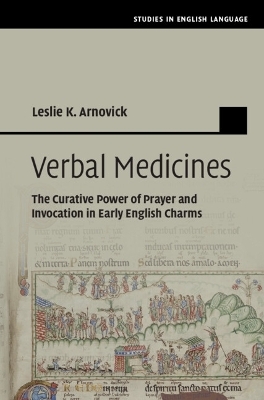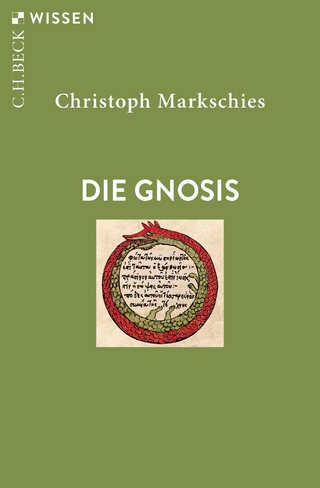
Verbal Medicines
The Curative Power of Prayer and Invocation in Early English Charms
Seiten
2024
Cambridge University Press (Verlag)
978-1-009-42314-4 (ISBN)
Cambridge University Press (Verlag)
978-1-009-42314-4 (ISBN)
Drawing on a wide range of sources, this book explores the function of charms in Early English by situating them in the historical and cultural environment of the period. It is essential reading for researchers and students of Old English, Medieval English, English Historical Linguistics, Pragmatics, and early Religious Studies.
Religious texts played a central role in Early English, and this innovative book looks in particular at how medieval Christians used prayers and psalms in healing the sick. At first glance, the variety and multiplicity of utterances, prayers, exorcistic formulas, and other incantations found in a single charm may seem to be random and eclectic. However, this book shows that charms had distinct, logical linguistic characteristics, as well performative aspects that were shaped by their usage and cultural significance. Together, these qualities gave the texts a unique role in the early development of English, in particular its use in ritual and folklore. Arnovick identifies four forms of incantations and a full chapter is devoted to each form, arranged to reflect the lived experiences of medieval Christians, from their baptism in infancy, to daily prayer and attendance at Church celebrations, and to their Confession and anointing during grave illness.
Religious texts played a central role in Early English, and this innovative book looks in particular at how medieval Christians used prayers and psalms in healing the sick. At first glance, the variety and multiplicity of utterances, prayers, exorcistic formulas, and other incantations found in a single charm may seem to be random and eclectic. However, this book shows that charms had distinct, logical linguistic characteristics, as well performative aspects that were shaped by their usage and cultural significance. Together, these qualities gave the texts a unique role in the early development of English, in particular its use in ritual and folklore. Arnovick identifies four forms of incantations and a full chapter is devoted to each form, arranged to reflect the lived experiences of medieval Christians, from their baptism in infancy, to daily prayer and attendance at Church celebrations, and to their Confession and anointing during grave illness.
Leslie K. Arnovick is Professor Emerita of English Language and Literatures at the University of British Columbia. Her notable publications include The English Language, 3e (with Brinton, 2017), Written Reliquaries (2006) and Diachronic Pragmatics (1999).
Preface; 1. Invoking baptism; 2. Psalm charms as aids against illness; 3. Invoking the name of Mary; 4. Invoking the visitation of the sick; 5. The multiplier effect; Theoretical implications.
| Erscheinungsdatum | 29.10.2024 |
|---|---|
| Reihe/Serie | Studies in English Language |
| Zusatzinfo | Worked examples or Exercises |
| Verlagsort | Cambridge |
| Sprache | englisch |
| Gewicht | 627 g |
| Themenwelt | Geschichte ► Teilgebiete der Geschichte ► Religionsgeschichte |
| Geisteswissenschaften ► Sprach- / Literaturwissenschaft ► Sprachwissenschaft | |
| ISBN-10 | 1-009-42314-2 / 1009423142 |
| ISBN-13 | 978-1-009-42314-4 / 9781009423144 |
| Zustand | Neuware |
| Informationen gemäß Produktsicherheitsverordnung (GPSR) | |
| Haben Sie eine Frage zum Produkt? |
Mehr entdecken
aus dem Bereich
aus dem Bereich
Von den Anfängen bis zur Gegenwart
Buch | Hardcover (2022)
C.H.Beck (Verlag)
34,00 €
warum die Religionen erst im Mittelalter entstanden sind
Buch | Hardcover (2024)
C.H.Beck (Verlag)
38,00 €


